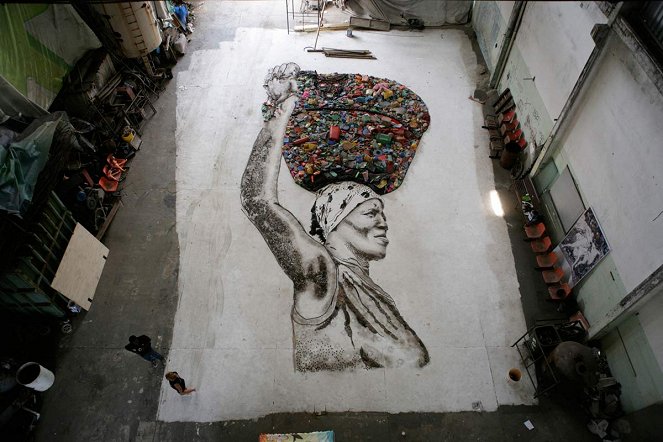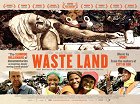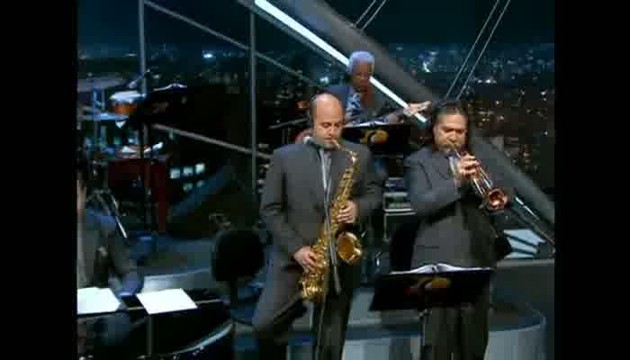Samenvattingen(1)
De succesvolle kunstfotograaf Vik Muniz, die voor zijn portretten werkt met natuurlijke materialen, keert vanuit zijn aangenomen woonplaats Brooklyn terug naar zijn geboortestad Rio de Janeiro. Hij wil een project met vuilnis uitvoeren. Op Jardim Gramacho, 's werelds grootste vuilnisbelt die zich bevindt op een atol in de omgeving van Rio, ontmoet hij de 'catadores': vuilnisplukkers die de duizenden tonnen afval doorspitten, op zoek naar recyclebaar materiaal. Wat begint als een onderzoek naar artistieke inspiratie, krijgt al snel een diepere maatschappelijke betrokkenheid - zowel voor de artiest zelf als voor filmmaker Lucy Walker en voor de kijker. Muniz, die zichzelf opwerkte vanuit de favelas van Rio, herkent zowel de wanhopige situatie waarin de catadores zitten als de hoopvolle levenshouding die zij desondanks hebben. Hij doet een poging iets van zijn succes terug te geven. Muniz gaat aan het werk voor een reeks grootschalige portretten in vuilnis, waarvoor een eclectische groep catadores zowel model als co-creator wordt. Wat weinig moderne kunst weet te bereiken, lukt Muniz: hij verandert hun levens. Zoals het vuilnis dat zij verzamelen kunst wordt, zo krijgen ook deze afgedankte mensen een nieuwe waarde. (International Documentary Film Festival Amsterdam)
(meer)Video's (1)
Recensie (1)
After finishing watching Waste Land, I took the box with the chicken bones next to the computer, an empty bottle of Coke, and a plastic bag and threw it all in one bin, which I then took to the mixed waste in our backyard. This is clear evidence that the document had failed in its purpose. Otherwise, this piece impresses as much as it can with the quality of the means by which it was made, but otherwise it is extremely melodramatic, embarrassingly adoring of the main actor, and aimed at a new age bourgeois audience with the naive notion that modern art has value because it can change established practices. If I subscribed to this theory (i.e. the combination of a certain aesthetic with an attempt at social transformation), the atomic bomb in Hiroshima is the greatest work in the field of modern art.
()
Galerie (18)
Foto © Eurozoom


